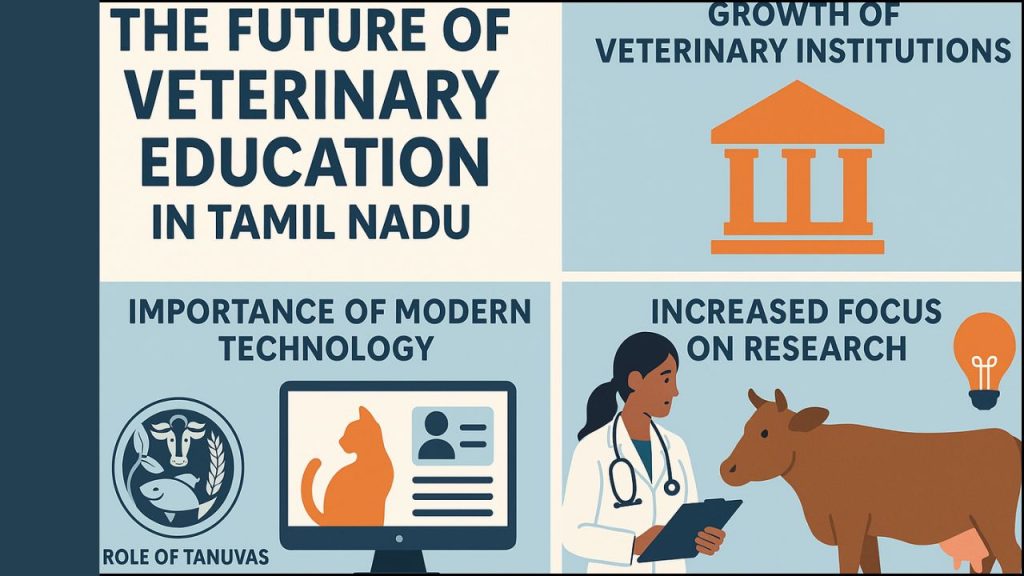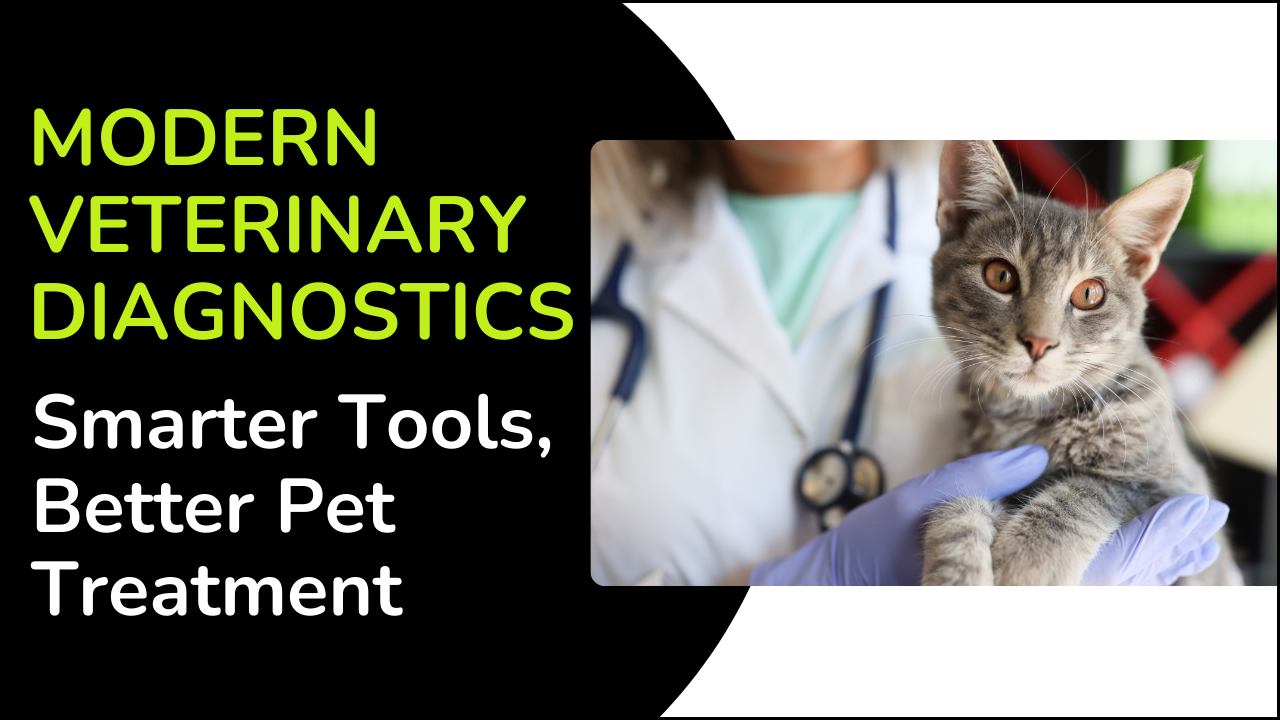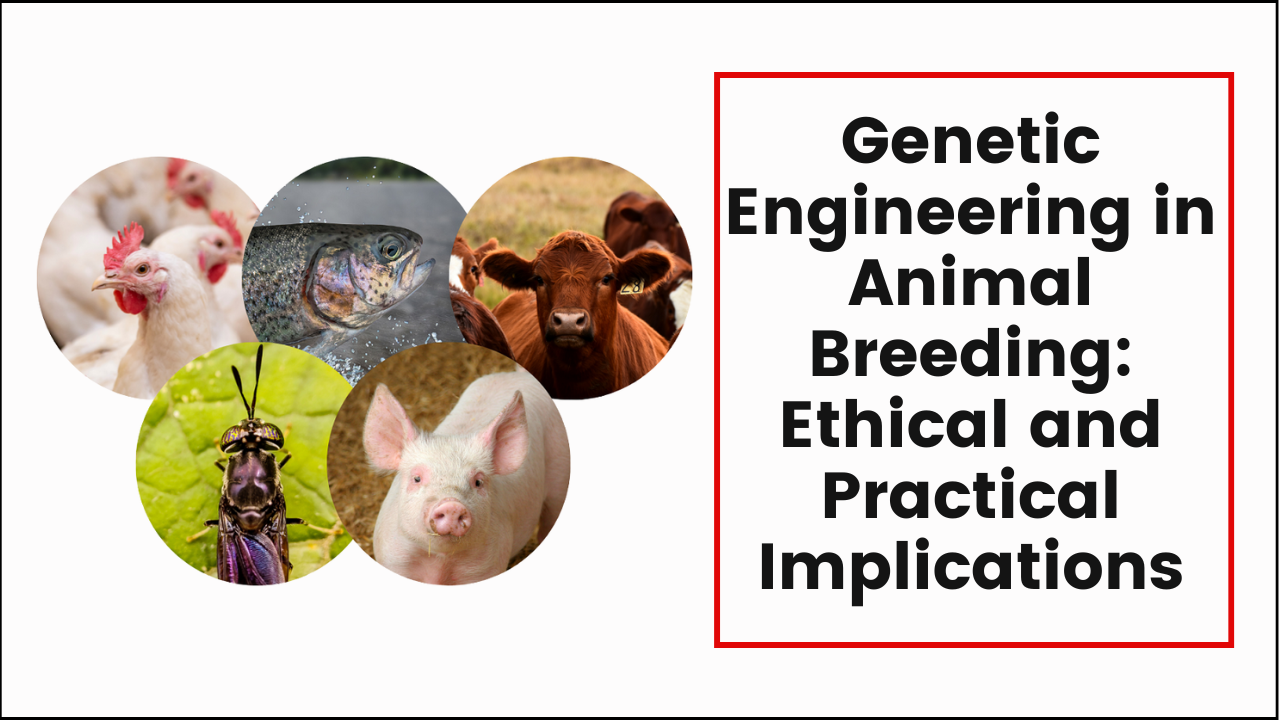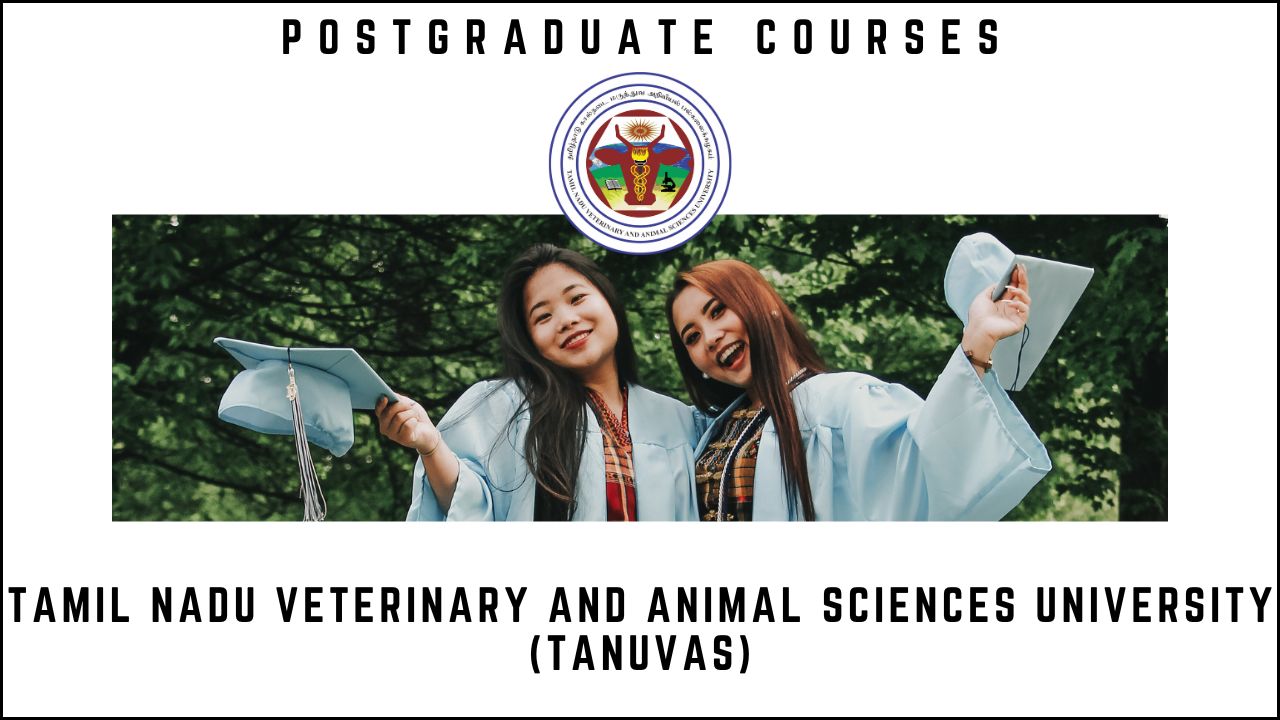
Veterinary education in Tamil Nadu plays a key role in improving animal health, livestock production, and public health. With rapid developments in technology and science, the future of veterinary education in the state is going through significant changes. Modern tools, digital learning methods, and a focus on research are shaping the future of this field.
Table of Contents
Growth of Veterinary Institutions
- Tamil Nadu has seen steady growth in veterinary colleges and research centers over the years.
- Government support has led to the expansion of veterinary infrastructure.
- Veterinary colleges under TANUVAS are gaining recognition for their quality education and modern approach.
Veterinary Colleges in Tamil Nadu
| Name of Institution | Location | Affiliation | Special Focus Areas |
|---|---|---|---|
| Madras Veterinary College | Chennai | TANUVAS | Veterinary medicine, surgery |
| Veterinary College and Research Institute | Namakkal | TANUVAS | Livestock production, poultry |
| Veterinary College and Research Institute | Tirunelveli | TANUVAS | Clinical sciences, diagnostics |
| Veterinary College and Research Institute | Orathanadu | TANUVAS | Animal husbandry, rural outreach |
Importance of Modern Technology
- Smart classrooms and e-learning platforms are becoming part of veterinary education.
- Virtual simulations help students understand surgeries and diagnostic procedures.
- Digital tools allow real-time learning without needing live animals in the early stages.
Role of Technology in Veterinary Education
| Technology Used | Purpose | Benefits |
|---|---|---|
| E-learning platforms | Online lectures, assignments | Flexible access, remote learning |
| Virtual labs | Simulation of animal anatomy | Safe learning, detailed understanding |
| AI and Data Analytics | Disease prediction, treatment plans | Better outcomes, efficient analysis |
Role of TANUVAS
- Tamil Nadu Veterinary and Animal Sciences University (TANUVAS) is the main driver of veterinary education in the state.
- TANUVAS promotes innovation, research, and hands-on training.
- Collaboration with global institutions helps students stay updated with global practices.
Highlights of TANUVAS Initiatives
- Establishment of Veterinary Incubation Foundation (VIF-TANUVAS) for startups.
- Modernization of libraries and digital resources for research scholars.
- Encouragement for interdisciplinary learning with agriculture and food science.
Increased Focus on Research
- Research in veterinary science helps in disease control, vaccine development, and breeding improvements.
- Tamil Nadu institutions are conducting research in zoonotic diseases, animal nutrition, and genetic improvement.
- Students are encouraged to take up projects that solve real-world problems in veterinary and animal sciences.
Research Areas of Focus
| Research Area | Description |
|---|---|
| Zoonotic Diseases | Study of animal-borne diseases affecting humans |
| Livestock Breeding | Improvement of cattle, sheep, and goat breeds |
| Animal Nutrition | Development of cost-effective, healthy feed |
| Veterinary Vaccines | Innovation in vaccine production |
Practical Training and Fieldwork
- Students receive field training in veterinary hospitals and mobile clinics.
- Livestock farms and dairy centers provide hands-on experience.
- Community service is integrated into training to address rural animal health issues.
Practical Training Opportunities
| Type of Training | Location | Skills Gained |
|---|---|---|
| Hospital Internships | University hospitals, district hospitals | Diagnosis, treatment, case handling |
| Mobile Veterinary Clinics | Rural outreach programs | Community service, field management |
| Research Projects | Lab and field-based work | Scientific methods, analysis |
Curriculum Changes and New Courses
- Introduction of new courses like pet medicine, wildlife care, and food safety.
- Interdisciplinary subjects such as biotechnology, environmental health, and One Health are included.
- Focus is shifting toward soft skills like communication and entrepreneurship.
New Subjects and Courses Being Offered
| Course Name | Area of Focus |
|---|---|
| Wildlife Veterinary Care | Treatment of wild and exotic animals |
| Veterinary Entrepreneurship | Business in veterinary services |
| Pet Medicine | Companion animal care |
| Veterinary Public Health | Food safety, zoonoses, hygiene |
Opportunities in the Veterinary Field
- Career options are increasing in the government, private, and international sectors.
- Veterinarians are needed in food industries, animal welfare NGOs, research organizations, and more.
- Tamil Nadu’s dairy and poultry industries demand skilled veterinarians.
Career Paths for Veterinary Graduates
| Sector | Role |
|---|---|
| Government Services | Veterinary Officer, Livestock Inspector |
| Private Clinics | Small animal practitioner, surgeon |
| Food Industry | Quality control, inspection |
| Research and Development | Scientist, lab analyst |
| NGOs and Wildlife | Animal rescue, conservation efforts |
Future Plans and Vision
- TANUVAS is planning to open more colleges and strengthen rural veterinary outreach.
- Focus on telemedicine and mobile apps for real-time support to farmers.
- More partnerships with global institutions are expected to improve education quality.
Future Goals of Veterinary Education in Tamil Nadu
- Promotion of the One Health concept involving human, animal, and environmental health.
- Upgradation of existing infrastructure with smart labs and tech-enabled classrooms.
- Development of eco-friendly practices in animal health and farming.
Challenges in Veterinary Education
- Shortage of faculty and skilled professionals in rural areas.
- Limited access to modern equipment in some colleges.
- Need for stronger industry-academia connections for practical exposure.
Key Challenges and Possible Solutions
| Challenge | Suggested Solution |
|---|---|
| Faculty shortage | Hiring guest faculty, training programs |
| Outdated infrastructure | Government funding, public-private models |
| Limited practical exposure | More industry tie-ups and field projects |
Wrapping Up
Veterinary education in Tamil Nadu is entering a new phase of growth and modernization. With the support of institutions like TANUVAS, students are gaining better knowledge, practical skills, and career opportunities. The future is bright, with a strong focus on technology, research, and rural animal health. This progress will not only benefit students but also contribute to the health of animals and the well-being of society as a whole.





